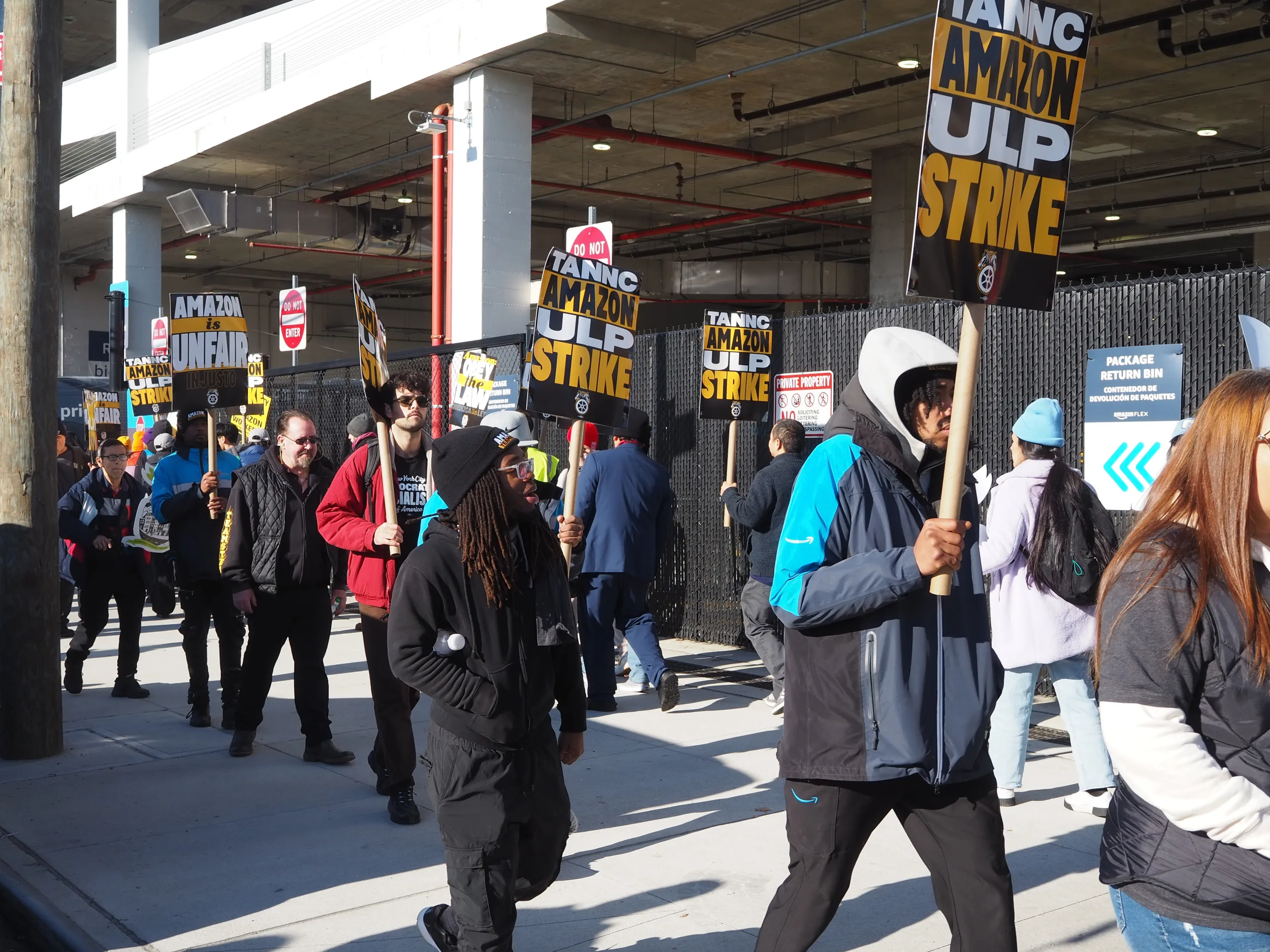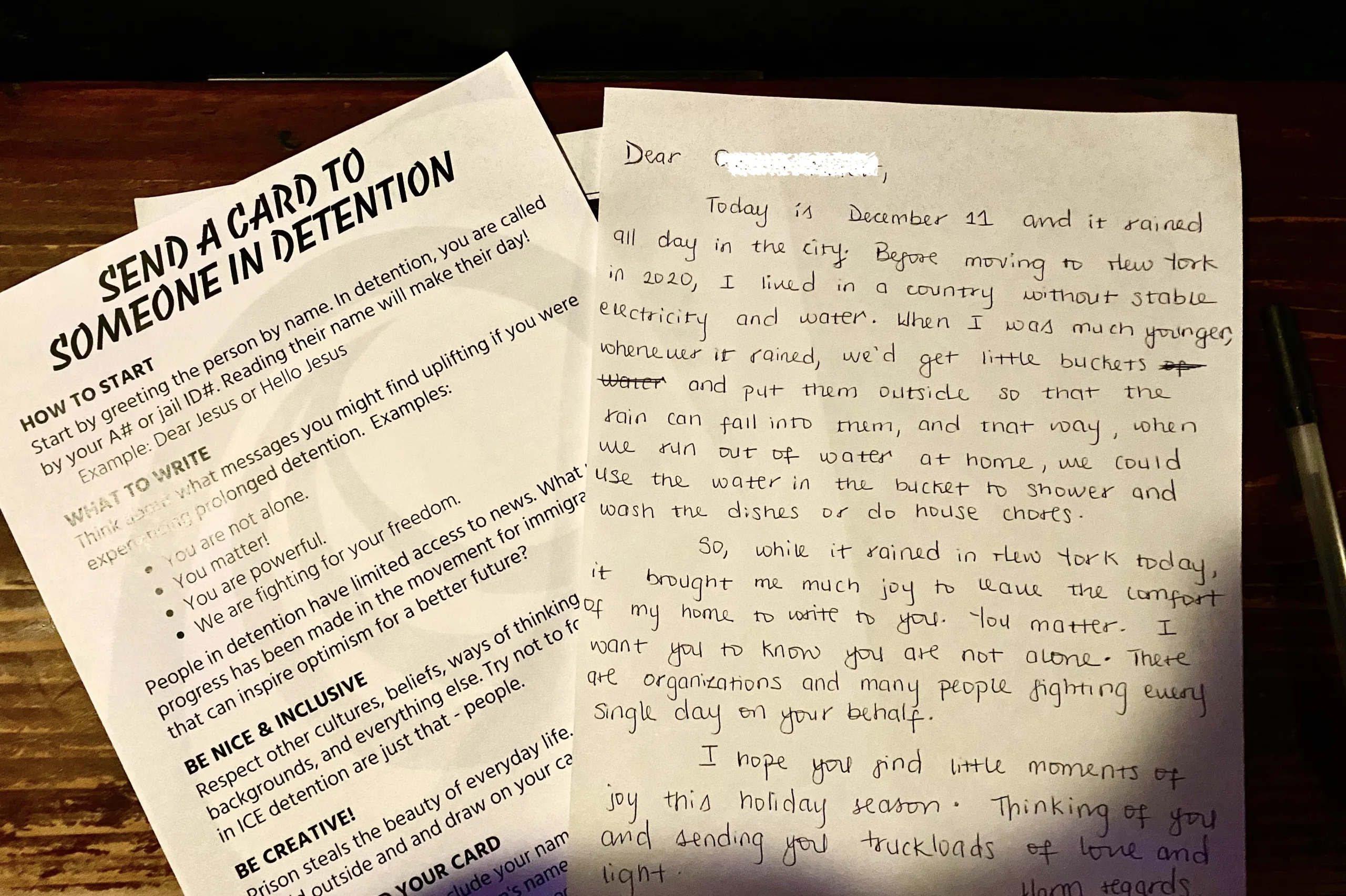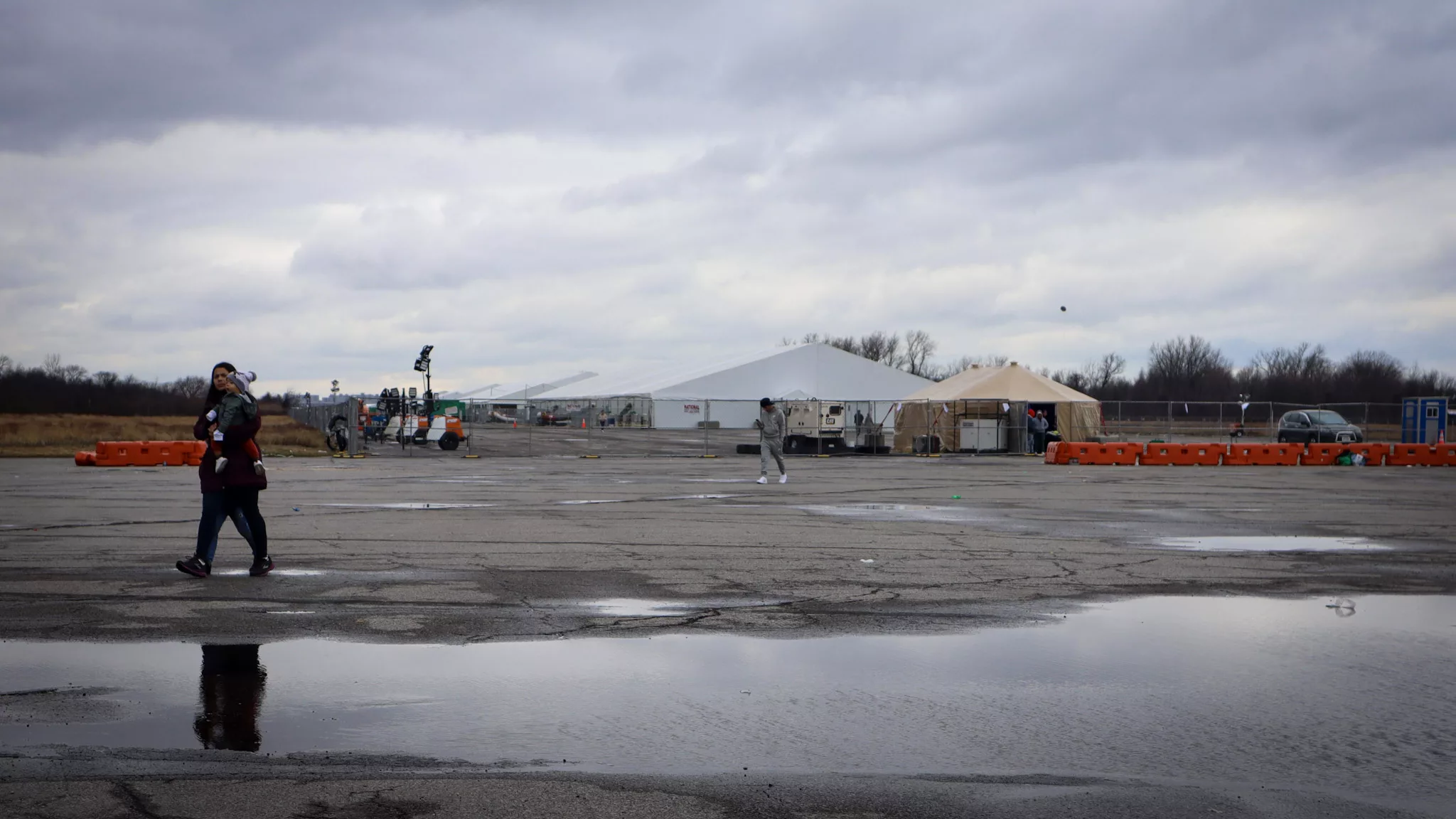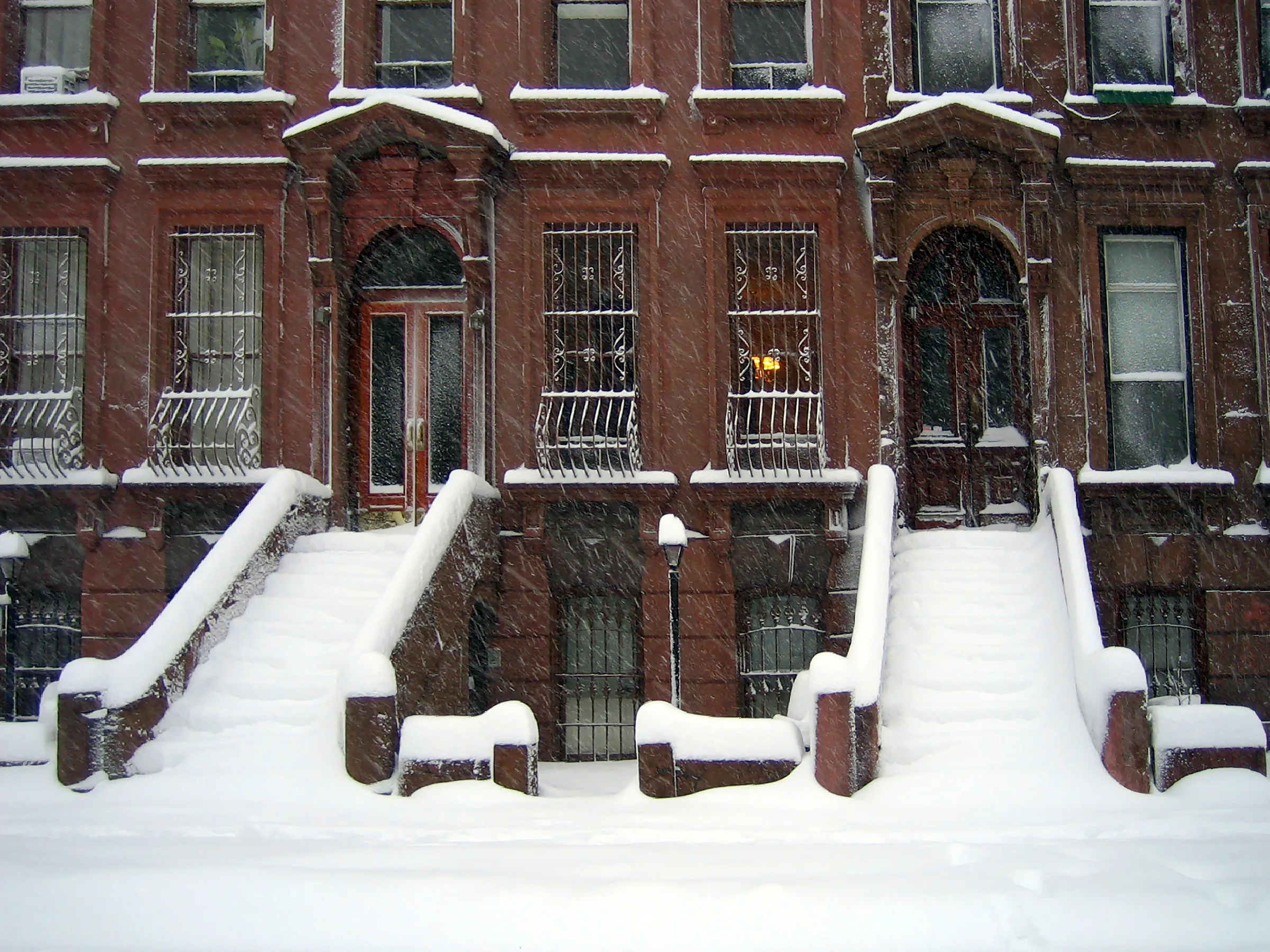This summary was featured in Documented’s Early Arrival newsletter. You can subscribe to receive it in your inbox three times per week here.
Mexican authorities have recently been carrying rifles and flashlights in the border town of Ciudad Acuña as they search for Haitians. Going back to Mexico was the Haitians’ last resort after crossing the Rio Grande to seek asylum in the U.S. They faced a lack of food, water and medicine, while Border Patrol agents chased them and children got sick. They’ve had easier access to supplies and shelter since heading to Mexico, but authorities are searching for migrants to deport, causing the Haitians to face nights of terror. “If you send me to Haiti, I have no one there to help me,” said a father, holding a shard of glass to keep Mexican authorities from entering a hotel room with his family. “I can’t go back.” BuzzFeed News
In other national immigration news…
Social Media Posts Helped Haitian Migrants Get to Southern Border
Fabricio Jean, a Haitian migrant, followed detailed instructions to cross the U.S.-Mexico, sent to him through WhatsApp from his brother in New Jersey who had recently crossed. His brother wired him money for the trip, mapped it out, and warned him of areas that had a heavy presence of Mexican immigration officials. But Jean didn’t expect to see thousands of Haitian migrants crossing in the same spot he was going to. Interviews with dozens of Haitian migrants, immigration attorneys and advocates revealed the increase of Haitian migrants at the border stems from posts on Facebook, YouTube and platforms such as WhatsApp that have made it easy to share information. Associated Press
State Troopers Make “Steel Wall” of Patrol Vehicles in Del Rio
Immigration agents are flying thousands of migrants who were camped in Del Rio, Texas, to processing centers or to their home country. Meanwhile, state troopers created a miles-long “steel wall” of patrol vehicles to discourage migrants from crossing the Rio Grande to camp under the Del Rio bridge. According to Val Verde County Sheriff Joe Frank Martinez, close to 15,000 migrants, most Haitian, crossed the river seeking asylum in recent days. The number decreased to 6,200 camping under the bridge on Tuesday. Martinez said there are 700 state troopers patrolling the encampment and around the city while immigration agents move migrants from the bridge. The Texas Tribune
Afghans Losing Hope of Coming to the U.S.
Thousands of Afghan families chosen for U.S. visas remain in Afghanistan while the U.S. government fails to schedule their visa interviews before their eligibility expires. A U.S. judge has to intervene to permit the migrants to arrive by Sept. 30. If not, more than 2,100 Afghans who were selected for the diversity visa program last year will become ineligible. Every year, the program provides green cards through a lottery to applicants from countries with lower immigration rates. The U.S. state department is typically responsible for interviewing the winners and issues visas by Sept. 30. Yet because of a suspension of the program and huge backlogs during the pandemic, the U.S. embassy in Kabul has yet to conduct these interviews. The Guardian
Released from Prison with COVID-19 and a Fear of Deportation
Chanthon Bun was released from San Quentin State Prison last year with $200, COVID-19 and a fear of being deported. He said his fever rose to 105 degrees and that he felt delirious after prison officials dropped him off at a transit station after his release, where he headed to San Francisco. Weeks before Bun was released, immigration authorities said they planned to meet him at the prison gates and put him into a van. But COVID-19 changed his path, and he was released without any resources instead of deported. San Francisco Chronicle














